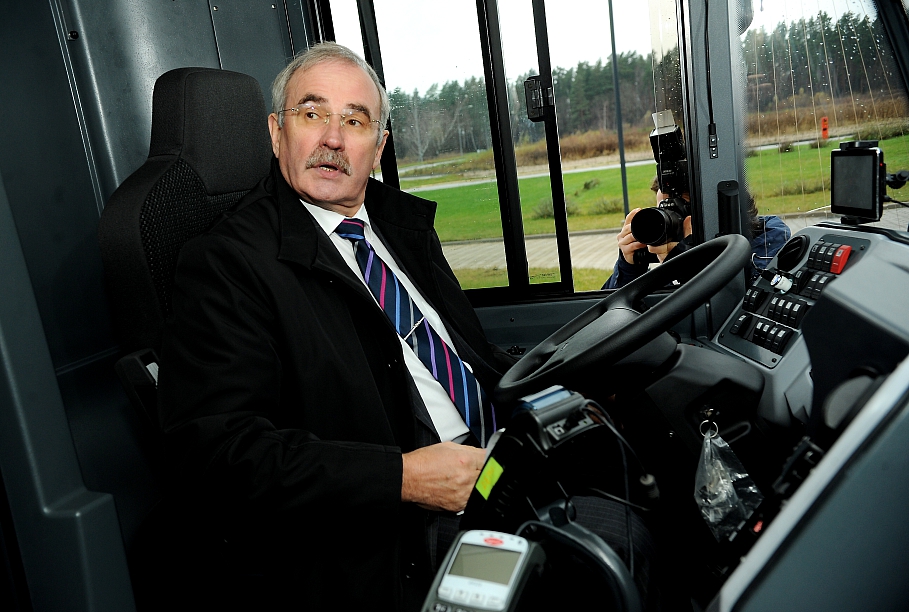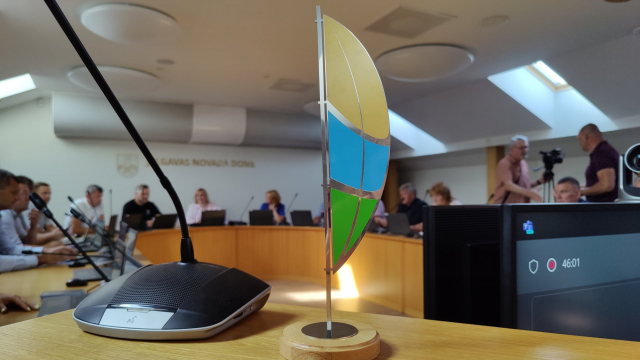Meanwhile, the hope for some 200 more jobs has remained just that - a hope - as the planned factory of Baltic Railway Holding, a subsidiary of Russian machine building giant UralVagonZavod, stands unfinished in the place of the defunct Jelgava sugar refinery.
Jelgava, a city some 40 kilometers from Riga, prides itself on its industrial credentials as it's home for some 30 metalworking companies, and hoped to attract many more.
Despite the recent layoffs, there's still a demand for qualified workers in the metalworking industry. For example, Inga Lejiņa from the Jelgava branch of the State Unemployment Service told that companies such as Dineks Latvija are looking for locksmiths and welders due to expansion plans.
Some of the companies, like the German AKG Thermotechnik Lettland, have diverse export markets and consequently face little trouble selling their product - radiators for heavy machinery.
In contrast, a number of Russian companies operating in Jelgava started laying off workers earlier this year, with some 60 fighting AMO Plant for their wages in court. Despite this, Andris Rāviņš, the mayor of Jelgava, is still optimistic about cooperation with the neighboring country, saying that political stability is needed in order for AMO Plant to resume working.
The contrast is evident in the industrial district of Jelgava, where some factories work at full output, attracting employees with social guarantees and competitive wages, while others rust in inactivity, with their territory being overrun with weeds.
Companies from other industries, such as woodworking, are now running test drives in the city's factories, but with less pomp and more foresight than the Russian metalworking firms did. AMO Plant now owes about 1 mln euro to the state in taxes. The Baltic Railway Holding is in similarly dire straits, owing about 15 mln to creditors and construction firms. The two started experiencing funding problems when the sanctions targeting Russian firms hit.
The unemployment rate in Jelgava is 6.9% - lower than in the rest of the country - while the average monthly wage sits 170 euros short of the state average. That's why about a third of Jelgava's working force commutes to work in Riga.
Russian investment has similarly stopped in other cities, such as in Valmiera where the revival of the meat processing plant Triāls was cancelled due to EU-Russia sanctions and the entrepreneur Sergey Chernin being stripped of his residence permit.





























